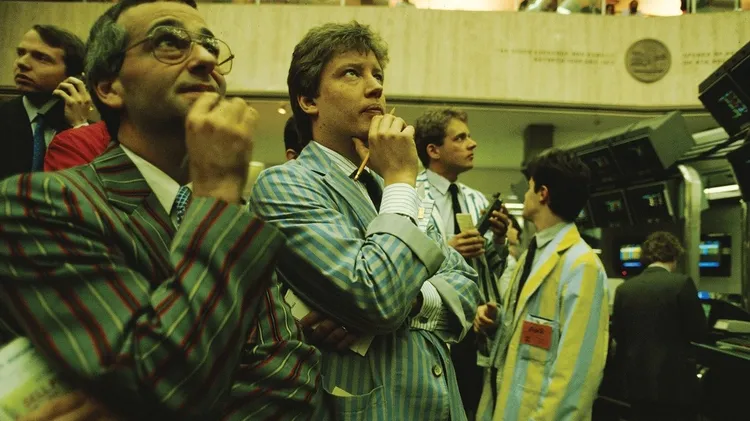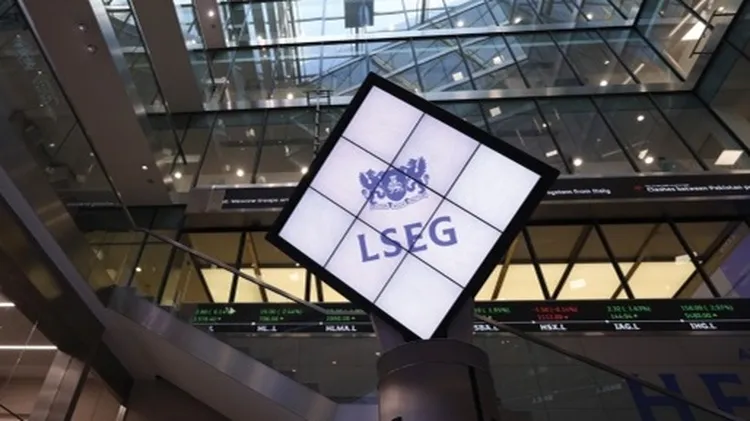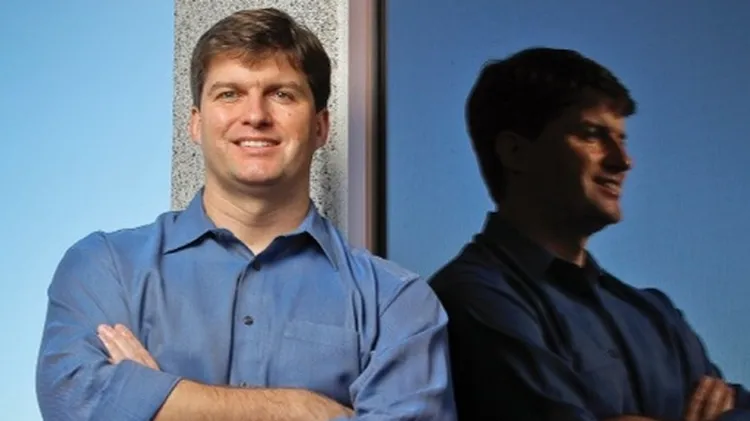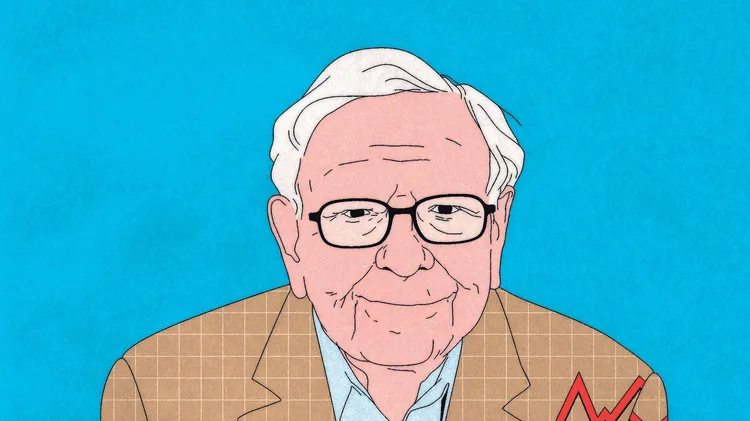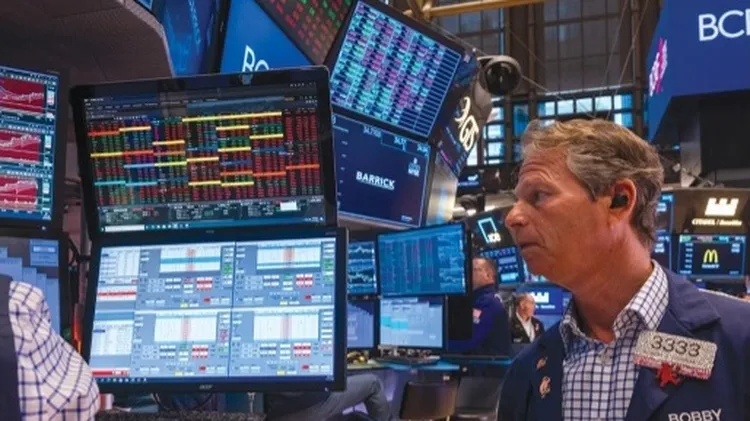The star fund-manager has run into a problem that has dogged active
Terry smith falls to earth
2 min read
This article is from...
Read this article and 8000+ more magazines and newspapers on Readly

